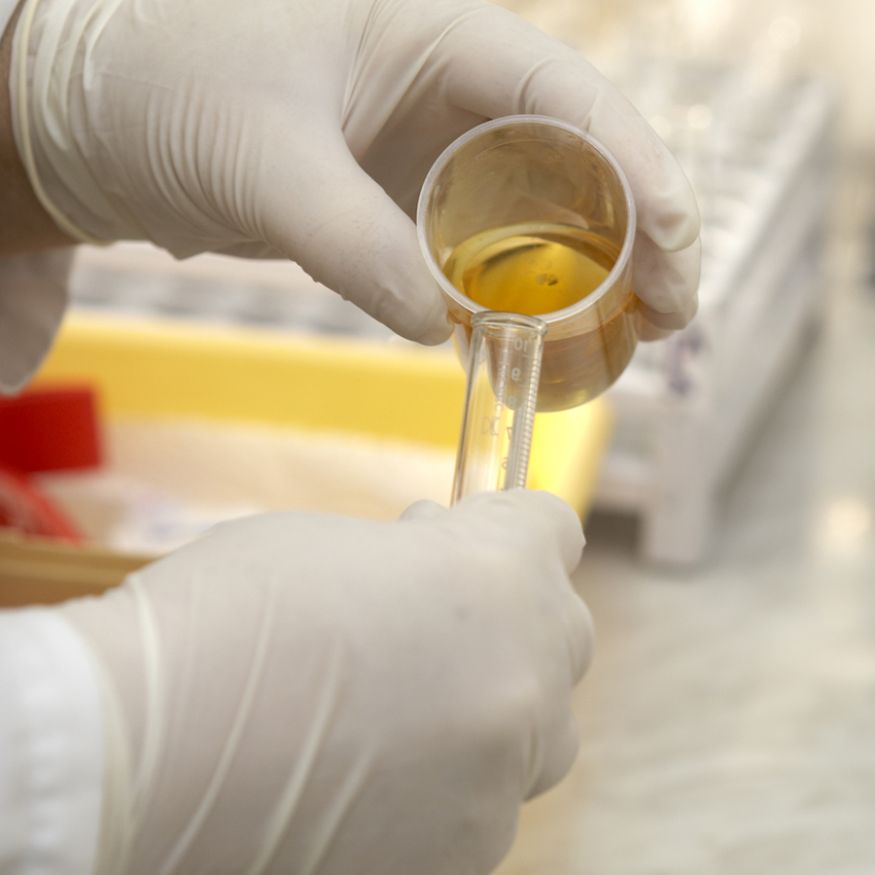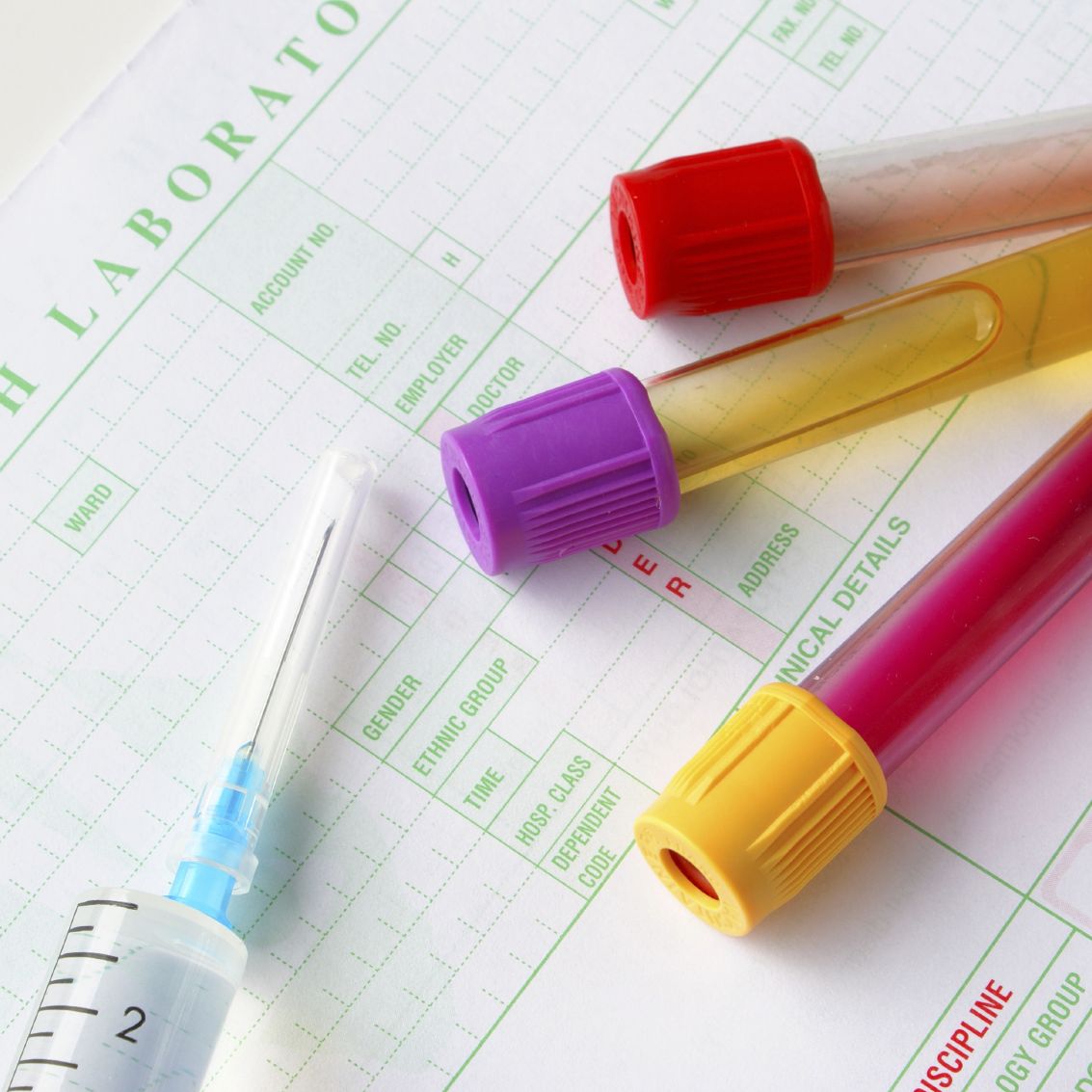Prostate enlargement laboratory test
The package includes laboratory testing of blood and urine problems caused by prostate dysfunction. The test is recommended for people over the age of 50, as well as for frequent urination and painful urination.
Prostate enlargement laboratory test
The prostate
The prostate is the thymus gland belonging to the male internal genitals. At birth it is quite small, however, at the age of 25, it develops into a chestnut-sized organ weighing 20 g. It is located below the bladder and surrounds the urethra that starts from it. The smooth muscle of the prostate is responsible for urination (it contracts or puts pressure on the urethra), while the secretions it produces dilute the semen, helping the sperm to move.
Prostate enlargement
Prostate enlargement can be benign, but can also indicate a more serious disease. Benign prostatic hyperplasia affects one-third of men over the age of 50. Because the enlarged prostate puts constant pressure on the urethra, it causes persistent urination problems that also affect the kidneys. Urination problems that occur include frequent urination stimuli, pain, burning or stinging sensations, dripping, incontinence, or inability to urinate. Difficulty urinating is characteristic of prostatitis, benign prostatic hyperplasia, and prostate cancer.
Items tested in the prostate enlargement laboratory test
General urine + sediment test
A urine test can shed light on kidney function disorders and multiple metabolic disorders as well as internal medicine problems. It is suitable for detecting urinary tract infections, but can also indicate the presence of diabetes or inflammation in the body.
Urine culture
Urine culture can be used to detect and identify fungi and bacteria in urine. Urine is produced in the kidneys. The kidneys, according to their function, filter out waste products from the blood and then excrete urine to help eliminate harmful substances from the body.
Urine enters the bladder through the ureters, where it is stored for a while and then excreted through the urethra. Urine is mostly sterile, however, fungi or bacteria can return to the urethra from the skin surface, causing a urinary tract infection.
PSA
PSA is a prostate-specific antigen (protein) that is produced by the glands of the prostate. Most of it is excreted in the semen, but a small amount also enters the bloodstream. Given that PSA levels can vary even in healthy men or may be a function of age, an annual PSA level measurement will provide the physician with adequate information about how pathogenic the values are. It is important that the PSA test is not used to diagnose cancer!


The result of a laboratory test alone is not yet sufficient to make a diagnosis. Depending on the results of the laboratory test, it is recommended to visit a urologist.
How to prepare for the examination?
It is not necessary to arrive for the blood sampling on an empty stomach. For urine tests, one sample of the first morning urine should be placed in a container of boric acid and another sample in a clean glass.
When will your results arrive?
After the 3rd workday after the sampling, and in the case of a positive urine culture result, after the 5th workday.

